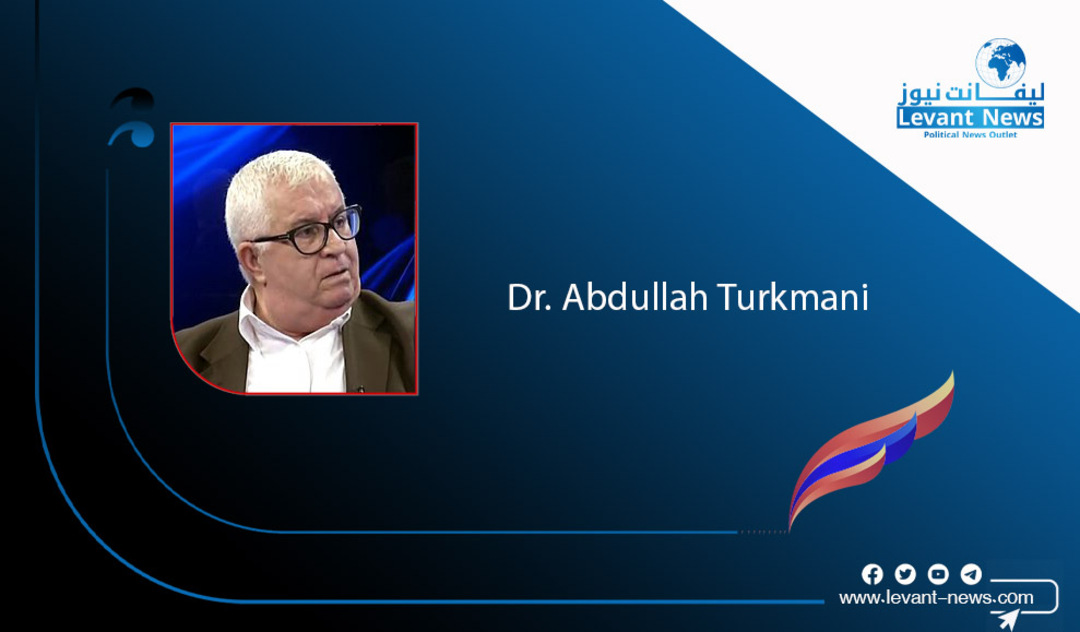-
Yassin Al-Hafiz Critiques the Limited Awareness Among Marxists and Nationalists /1–3/

Today, it is evidently clear that the Arab world is experiencing a state of historical delay. We continue to ask the troubling question: why are Arabs behind while others advance?
This question has occupied the minds of pioneering renaissance thinkers for generations. Today, in the context of critically examining the Arab’s historical delay, it is important to pay attention to the significant leadership role played by Yassin Al-Hafiz’s thought in the Mashreq, as the counterpart to Abdellah Laroui’s contribution in Morocco. Both projects, each from their perspective, aim to build the possibilities for embarking on the path of modernity and renewal.
Al-Hafiz’s intellectual and political experience represented an extension and culmination of the highest radical traditions of prominent modern thinkers. He carried out the most comprehensive critique of modern Arab liberating awareness, especially its two main currents: Marxist and nationalist, through his effective theoretical tool, “congruent consciousness,” which meant producing rational awareness of Arab reality and thus generating awareness suitable for the demands of progress.
Since the political arena was a destiny for Al-Hafiz, his tragedy lay within a society that “knows nothing of politics but authority—the authority of the state, the ruler, and the leader—and in its unconscious structure, the word politics only connotes the act of (sās), which linguistically becomes (sās) for humans and animals (the horse sasses, and the people sass), after reducing society and its various forms to the image of the subject.”
Indeed, Al-Hafiz’s discourse reached its peak of maturity and brilliance in the 1970s, after the Sadat experiment in Egypt had run its course and its known fate after Nasser’s death. His experience in Paris deepened his awareness of the problem of delay and the importance of renaissance. He began to critique politics as a condensation of social, economic, cultural structures. Although he started using his theoretical tool, “congruent consciousness,” as early as the late 1950s—in 1958, he wrote several articles under the title “Characteristics of the Arab National Movement,” analyzing these characteristics at both a universal level (since humanity is progressing along a rising and parallel developmental line) and a historical level (since the course of nations’ development is not uniform).
Al-Hafiz produced a vibrant discourse—rich with sociological, cultural, political, and theoretical connotations—granting Arab political discourse a renaissance dimension. In doing so, he liberated Arab discourse from tired rhetoric and rescued Arab Marxism from narrow expressions, as he revived its critical spirit as an open question against stasis, silence, conformity, and inward-looking dogmatism.
Through Al-Hafiz, the Arab discourse acquired a concept that transcended simplistic right-left dichotomies, surpassing the rightist notion that fabricates a false division between modern and traditional awareness—producing an archaic concept of “the eternal, immortal spirit,” which in turn became an ideology of differentiation and hostility toward the Other. He also moved beyond submissive economism that masks the historical particularity of transition forms to a modern state. Through this dual critique, he introduced a new consciousness of the national question as a historical process that penetrates individuals, society, and culture, rather than merely an aggregative division of fractured units.
Based on this awareness, “nationalism is the historical movement that elevates the human sludge into a cohesive, integrated, and viable nationhood deserving of the name ‘nation’.” The radiant influence of Al-Hafiz’s discourse lies in its focus on “delay” as the core issue in the Arab reality. Accordingly, he critiqued the “new traditionalist ideology,” which falsely believed it could enter the modern age by avoiding the democratic revolutionary nationalist breakthrough—an approach that led to the modern era by overturning and purifying the old traditional society and establishing its modern social, ideological, and political structures and activating its productive forces. These developmental visions, he argued, are “a kind of cosmetic effort on the surface of a decayed old society,” and from the experience of advanced nations, he concluded that “no nation has made economic progress without social, cultural, and political progress.”
Because of this leadership, which certainly was not exclusive to him alone, we will approach his descriptions, propositions, and analyses concerning: critique of the Marxist current, critique of the Nasserist movement, critique of the nationalist current.
Firstly - The Description of Arab Society
Contrary to the Marxist and Arab nationalist logic, Al-Hafiz begins with the fact that Arab countries vary—not only in size and levels of social, economic, and cultural development but also in their historical components, societal structures, and cohesion. Therefore, there are elements in the Arab world that differ and resemble, reject and motivate; there are very backward, backward, and less delayed segments, though there is nothing altogether advanced.
Dr. Abdullah Turkmani
You May Also Like
Popular Posts
Caricature
opinion
Report
ads
Newsletter
Subscribe to our mailing list to get the new updates!




















